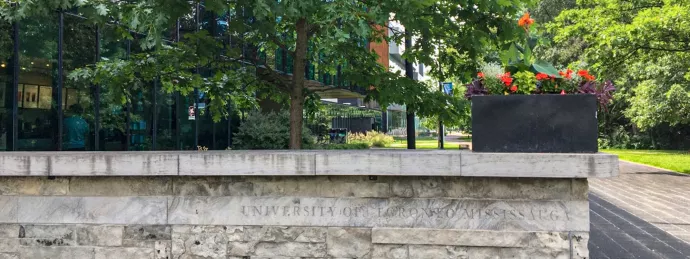
UTM Anthropology Honours Bachelor of Arts (HBA) and Honours Bachelor of Science (HBSc) Alumni Profiles
Graduates of UTM Anthropology programs bring their skills and knowledge to a wide variety of fascinating and fulfilling career and further education settings. The following profiles showcase just a few of our outstanding alumni!
